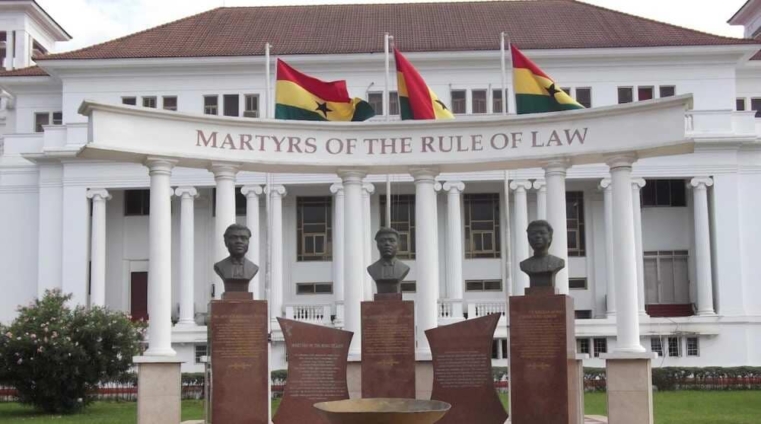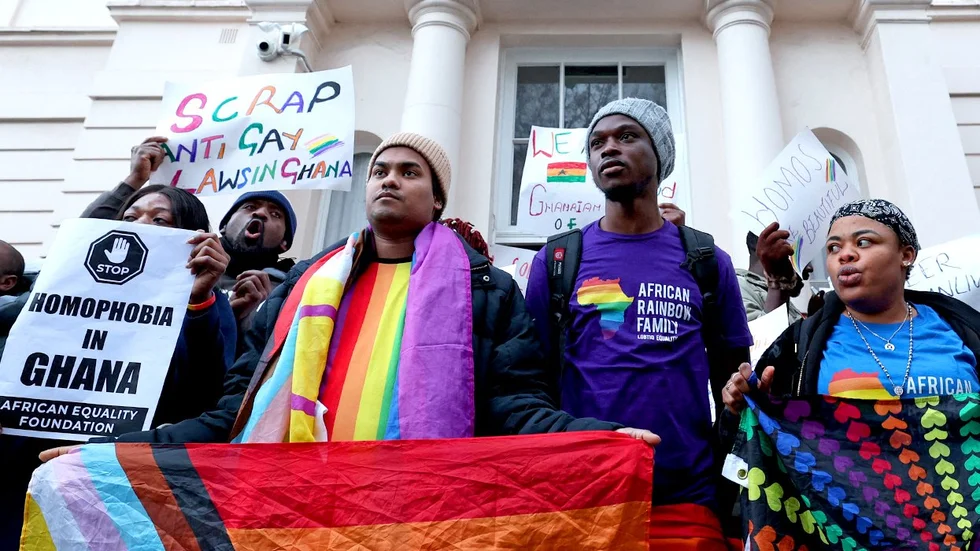Ghana’s Supreme Court has unanimously declared the existing criminal law against “unnatural carnal knowledge” constitutional, rejecting a challenge to Section 104(1)(b) of the Criminal and Offences Act 1960 (Act 29). The ruling, delivered by a seven-justice panel, maintains the criminalization of consensual same-sex sexual acts between adults.

Dr. Obiri-Korang of the University of Ghana School of Law had contested the law’s constitutionality, arguing that it violated Articles 18(2), 17(2), and 14(1) of the Constitution, which protect rights to privacy, non-discrimination, and personal liberty. The court, however, disagreed with these claims.
The challenged section of Act 29 states: “A person who has unnatural carnal knowledge of another person of not less than sixteen years of age with the consent of that other person commits a misdemeanour.”

The court’s decision was presided over by Justice Baffoe-Bonnie, with Justices Amadu Tanko, Gaewu, Adjei-Frimpong, Lovelace-Johnson, Kulendi, and Darko Asare concurring.
This ruling has significant implications for LGBTQ+ rights in Ghana, effectively maintaining the criminalization of consensual same-sex relationships. It comes amid ongoing debates about LGBTQ+ rights in the country and across Africa.
The decision highlights the tension between traditional values and constitutional rights in Ghana, and is likely to be a subject of continued legal and social discourse. Advocates for LGBTQ+ rights may see this as a setback, while supporters of the law will view it as an affirmation of existing social norms.



